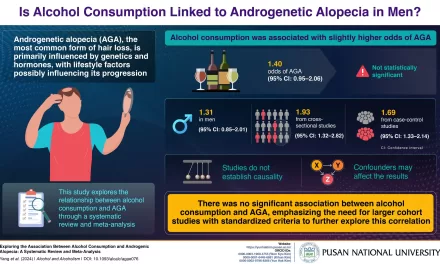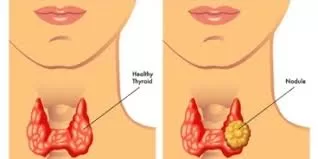New Research Reveals That Experiencing Loss Can Lead to Faster Biological Aging Across the Lifespan
A recent study conducted by Columbia University’s Mailman School of Public Health and the Butler Columbia Aging Center has unveiled a striking link between the loss of a loved one and accelerated biological aging. The research, published in JAMA Network Open, highlights that individuals who have lost a close family member—be it a parent, partner, sibling, or child—exhibit signs of older biological age compared to those who have not experienced such losses.
Biological aging, a process marked by the gradual decline in cellular, tissue, and organ function, increases susceptibility to chronic diseases. This type of aging is often measured through DNA markers known as epigenetic clocks. According to Dr. Allison Aiello, PhD, James S. Jackson Professor of Health Longevity in Epidemiology and the study’s lead author, “Few studies have explored how losing a loved one at various stages of life impacts these DNA markers, especially in representative U.S. samples. Our study reveals strong correlations between familial losses throughout life—from childhood to adulthood—and accelerated biological aging.”
Collaborating with the Carolina Population Center at UNC Chapel Hill, the researchers utilized data from the National Longitudinal Study of Adolescent to Adult Health (Add Health), which began in 1994-95. This longitudinal study has tracked participants from adolescence into adulthood, providing a unique perspective on the effects of loss over time.
The researchers examined familial loss during two distinct life stages: childhood or adolescence (up to 18 years old) and adulthood (19 to 43 years old). They analyzed biological aging data through blood DNA methylation using epigenetic clocks, including DunedinPACE—a tool developed by study co-author Dan Belsky and his colleagues at Duke University.
The findings reveal that nearly 40 percent of participants experienced at least one loss in adulthood. Parental loss was notably more common in adulthood compared to earlier life stages. Additionally, a higher proportion of Black (57 percent) and Hispanic (41 percent) participants reported experiencing at least one loss, compared to 34 percent of White participants. Those who experienced multiple losses, particularly in adulthood, exhibited more pronounced signs of biological aging.
Dr. Aiello emphasized the significance of these findings, stating, “The connection between losing loved ones and subsequent health problems is well-established. However, specific life stages might be more susceptible to the adverse effects of loss. Accumulation of loss seems to be a substantial factor.”
Losses experienced early in life—such as losing a parent or sibling—can have severe consequences, potentially leading to mental health issues, cognitive impairments, increased risk of heart disease, and earlier mortality. Repeated losses, regardless of age, can exacerbate risks of heart disease, dementia, and overall mortality. These effects may persist or become more apparent long after the loss.
Dr. Aiello and her co-authors underscore the need for further research to understand how loss translates into poor health and higher mortality. They advocate for efforts to reduce disproportionate losses among vulnerable groups and emphasize the importance of providing resources for coping and addressing trauma.
The study received support from various institutions, including the National Institute on Minority Health and Health Disparities, the Eunice Kennedy Shriver National Institute of Child Health and Human Development, and the National Institute on Aging, among others.
The full list of co-authors includes Aura Ankita Mishra from North Carolina State University; Chantel Martin, Brandt Levitt, Kathleen Mullan Harris, and Robert Hummer from the University of North Carolina at Chapel Hill; Lauren Gaydosh and Debra Umberson from the University of Texas at Austin; and Daniel Belsky from Columbia Mailman School and Butler Columbia Aging Center.
This study sheds new light on the profound impact of familial loss on biological aging, emphasizing the need for continued exploration and support for those affected.











